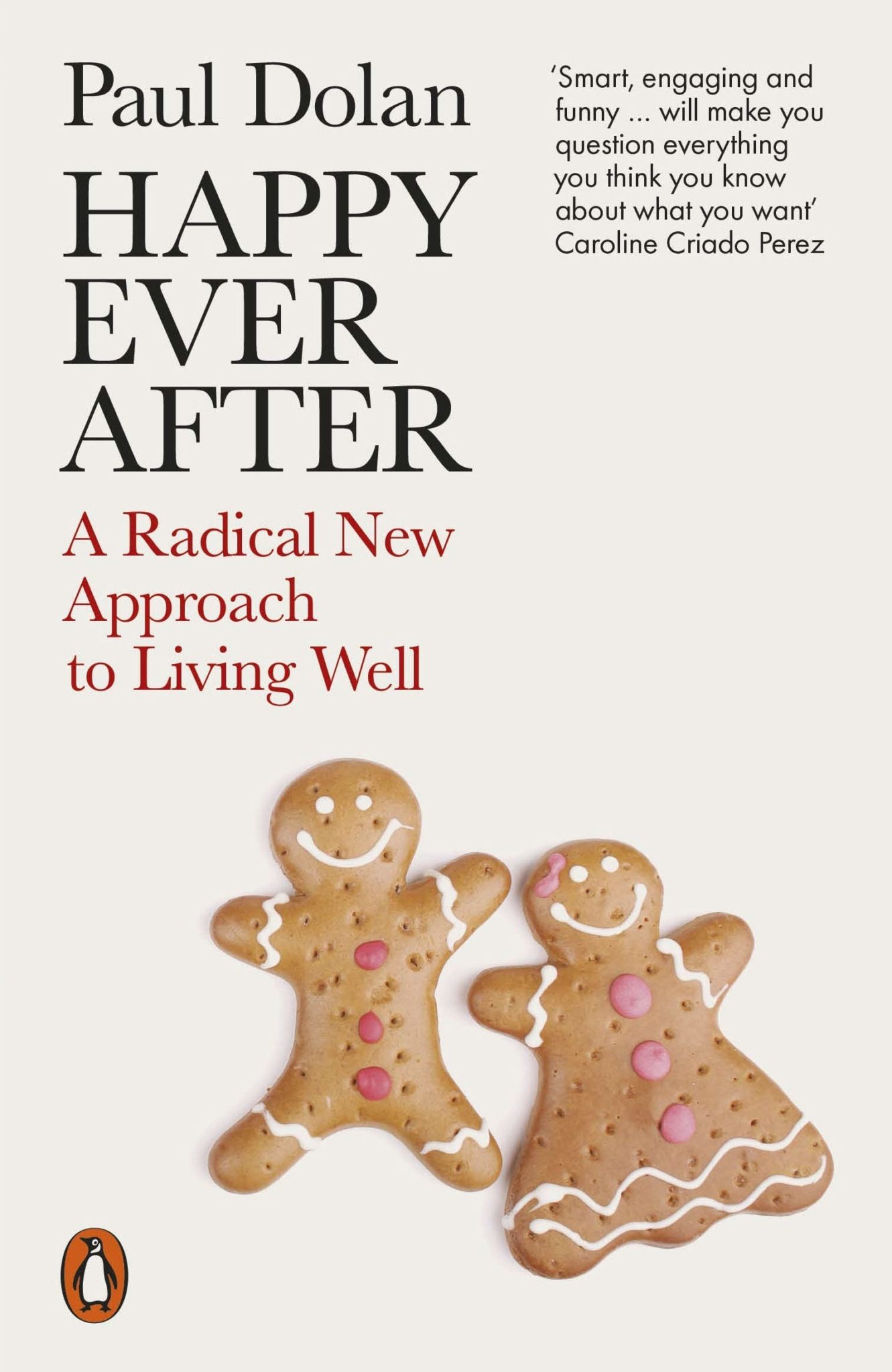Review: Happy Ever After
 It is a source of immense frustration to many social scientists that people rarely do what those scientists think they should. They have come up with lots of theories as to why people do things they ‘shouldn’t’. The most famous is Karl Marx’s notion of ‘False consciousness‘, which held that “members of the proletariat unwittingly misperceive their real position in society and systematically misunderstand their genuine interests within the social relations of production under capitalism.” In other words, workers would all be Marxists if only they weren’t duped by the bourgeoisie. Thankfully they had Marx to tell them what they really needed.
It is a source of immense frustration to many social scientists that people rarely do what those scientists think they should. They have come up with lots of theories as to why people do things they ‘shouldn’t’. The most famous is Karl Marx’s notion of ‘False consciousness‘, which held that “members of the proletariat unwittingly misperceive their real position in society and systematically misunderstand their genuine interests within the social relations of production under capitalism.” In other words, workers would all be Marxists if only they weren’t duped by the bourgeoisie. Thankfully they had Marx to tell them what they really needed.
A more recent attempt comes from Paul Dolan, a Professor of Behavioural Science at the London School of Economics. In his recent book ‘Happy Ever After: A Radical New Approach to Living Well‘, Dolan sets out to explain, like Marx, why people do things he thinks they shouldn’t.
Take the famous Easterlin Paradox, for example. Based on data for incomes over time and surveys of self-reported happiness, this finds that happiness does not trend upward as income continues to grow. If we are poor, more money makes us much happier, but as we get richer the extra happiness brought by each extra dollar declines, eventually becoming negative in some tellings. If this is true, why do people keep on pushing to earn more money when it won’t make them any happier?
Dolan argues that it is because we are slaves to “social narratives” – that is, cultural assumptions and expectations that tell us how we ought to be have. Among these is the idea that money brings happiness. Recognizing these social narratives and their flimsy foundations is the basis of Dolan’s radical new approach to living well.
But, often, Dolan seems to be simply trying to swap one social narrative for another. For example, he argues for higher taxes on the rich with the revenue raised to be redistributed to the poor. But, theoretically, if you are successful in breaking the hold of the social narrative and people stop flogging their guts out to earn more money, there will be no tax revenue to be redistributed. The book falls several times into the same confusion many contemporary advocates of higher taxes on the rich do: are these higher rates supposed to fund greater transfer payments or deter people from becoming rich in the first place? It is either one or the other, but it cannot be both.
And how empirically rigorous is all this? Take the Easterlin Paradox again, the origin of this field. Investigating the relationship between subjective wellbeing and income, the economists Daniel W. Sacks, Betsey Stevenson, and Justin Wolfers found that:
…within a given country, rich individuals are more satisfied with their lives than poorer individuals and we find that richer countries have significantly higher levels of average life satisfaction. Studying the time series relationship between satisfaction and income, we find that economic growth is associated with increases in life satisfaction.
If true, trying to earn more money makes sense from a happiness perspective. It is a reasonably logical thing to do. We do not need to concoct the specter of “social narratives” to explain why people do it anymore than Marx needed to invent false consciousness to explain why impoverished workers like consumer goods.
Dolan implies that higher taxes on the rich, used to fund expanded transfer payments, would make society happier. But, looking at the relationship over time between government spending and self-reported happiness, economists Helen Johns and Paul Ormerod find that:
Public expenditure, whether represented by absolute levels or growth rates, is not correlated over time with happiness. After allowing for inflation, between 1973 and 2004 public spending in the USA almost doubled. In Britain, it rose by 60 per cent. Yet in both countries recorded happiness was a mere 2 per cent higher.
Nor do they find any relationship between self-reported happiness and income inequality, as measured by the Gini coefficient.
This is not to suggest that Dolan is simply playing to a ‘progressive’ gallery. One of the narratives he has in his sights is that why people give to charity is more important than that they do. Another is that we should prioritize our health above anything else. Instead, Dolan rightly sees that there are trade offs, that extra health is bought at a cost, say, never pigging out on ice cream ever again. That cost, too, brings benefits (if you like ice cream), so all a fixation on health means is trading one set of benefits for another. In the context of Covid-19 and policy making, this is admirably brave.
There is a lot of value to be had from the book’s summary of various pieces of research: I learned that darker rooms are more conducive to creativity than brighter rooms. Happy Ever After is a rewarding read, if not a convincing one.
John Phelan is an economist at the Center of the American Experiment.